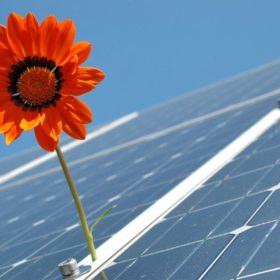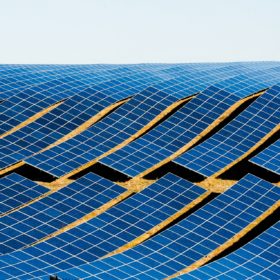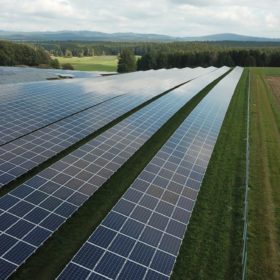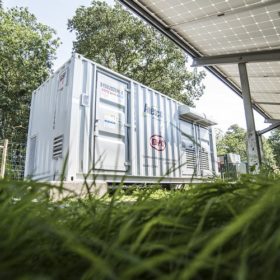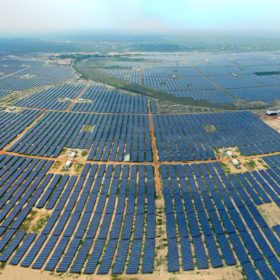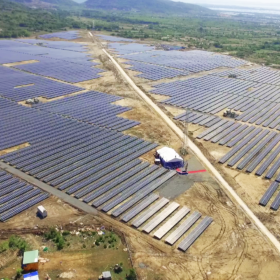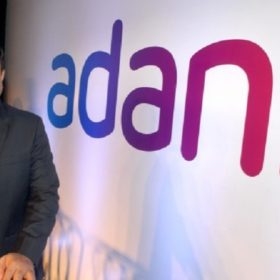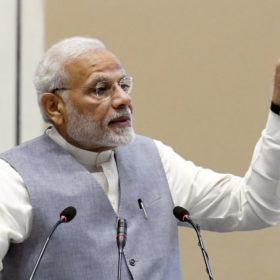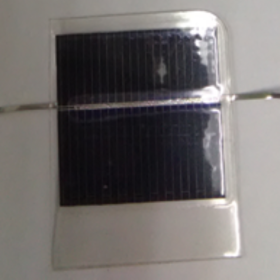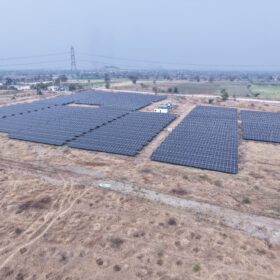Bringing back India’s solar sector to the front foot in 2021
The ‘175 GW by 2022’ renewable energy target seems unachievable, necessitating the benchmark be moved to ‘450 GW by 2030’ instead. But even that will require the sector to move back to the front foot from 2021.
Historic-low interest rates will power ahead astonishing solar cost reductions
An Ieefa report has suggested the cost of generating electricity from solar will be near zero in the world’s sunniest regions by 2030-40 – despite what the naysayers at the International Energy Agency might think.
Ministry moves to fend off predatory moves for Covid-weakened solar businesses
Foreign direct investment into Indian solar concerns from China and other neighboring countries will now have to secure the approval of the Ministry of New and Renewable Energy.
IESA proposes a policy framework for energy storage in Electricity Act
Defining energy storage under the Electricity Act could help start ancillary services and frequency regulation through energy storage as a flexible asset. It will also help to enable electric vehicle charging infrastructure, vehicle-to-grid (V2G) concepts and microgrids integration with expanded grid connectivity in the long run, according to the industry body.
Adani Green Energy wins world’s largest solar award
The developer is reported to have exercised an option to double the 4 GW of solar generation capacity and 1 GW of cell and module production facilities it secured in the manufacturing-linked solar tender carried out by the Solar Energy Corporation of India in November.
Solar manufacturers in SEZs say customs duty will be counterproductive
Module manufacturers in special economic zones would be at a disadvantage when selling in the domestic market as they would be required to pay basic customs duty on the value of solar modules.
Solar costs have fallen 82% since 2010
The levelized cost of energy generated by large scale solar plants is around $0.068/kWh, compared to $0.378 ten years ago and the price fell 13.1% between 2018 and last year alone, according to figures released by the International Renewable Energy Agency.
Adani chief talks solar and hydrogen storage opportunity
Covid-19 crisis has provided system operators with insights on keeping the grid stable with high levels of renewable penetration. Post Covid-19, this may be the new norm, Gautam Adani said in a LinkedIn post recently.
Modi calls for a rooftop-solar-powered city in every state
The prime minister again emphasized the need for India to develop a domestic solar manufacturing industry and also urged officials to get on with plans to make Ladakh carbon-neutral.
Pouch lamination technique for solar cell encapsulation
Madurai Kamaraj University scientists have used a pouch laminator to encapsulate a polycrystalline solar cell. The resulting device, the researchers claim, showed better UV photon absorption than solar cells treated with a polymer surface coating.
